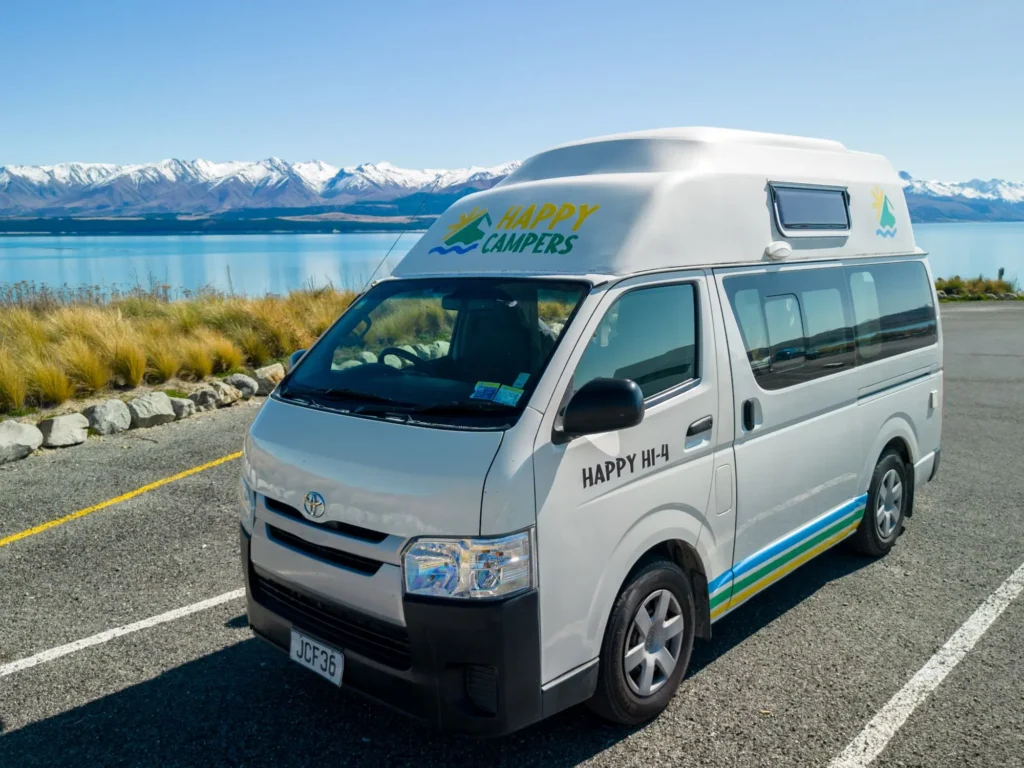Brisbane serves as an ideal launching point for exploring Queensland’s diverse landscapes, from coastal highways to inland wilderness areas, making it a strategic location for beginning extended road trip adventures. The city’s central position provides access to multiple climate zones and geographical features within manageable driving distances, enabling travelers to experience everything from tropical beaches to temperate mountain regions. Choosing affordable campervan hire in Brisbane opens possibilities for extended travel experiences without the substantial financial commitment associated with vehicle ownership or premium accommodation costs. These self-contained mobile accommodation units combine transportation and lodging functions, eliminating the need for separate hotel bookings and restaurant meals while providing complete freedom to modify itineraries based on weather conditions, personal preferences, and discovered attractions. Understanding the economic advantages, operational flexibility, and experiential benefits of campervan travel enables informed decisions that maximize both adventure potential and financial resources.
Economic Analysis of Campervan Travel Versus Traditional Tourism
Comparative cost analysis reveals significant savings potential when utilizing campervan hire services versus conventional travel methods. Traditional tourism typically involves separate expenses for accommodation, meals, and transportation, with hotel costs in Queensland ranging from $120-300 per night depending on location and season. Restaurant meals add $30-60 per person daily, while vehicle rental and fuel costs accumulate independently of accommodation expenses.
Campervan hire consolidates these expenses into a single daily rate, typically ranging from $80-150 per day depending on vehicle size and amenities. This rate includes sleeping accommodations for 2-6 people, cooking facilities, and transportation, effectively reducing per-person costs significantly for group travel. Extended rental periods often qualify for substantial discounts, with weekly rates offering 15-25% savings compared to daily pricing structures.
Fuel efficiency calculations demonstrate additional economic advantages, particularly for extended journeys. Modern campervans achieve fuel consumption rates between 8-12 liters per 100 kilometers, comparable to standard passenger vehicles while providing substantially more functionality. This efficiency becomes particularly significant during extended travels where traditional tourists would incur separate transportation costs for sightseeing activities.
Hidden costs associated with traditional tourism, including resort fees, parking charges, and tourist attraction premiums, can add 20-30% to base accommodation costs. Campervan travelers avoid many of these ancillary charges while accessing free or low-cost camping facilities throughout Queensland’s extensive park system.
Operational Flexibility and Route Optimization
Campervan travel enables dynamic itinerary adjustment based on weather patterns, seasonal conditions, and personal discoveries. Unlike fixed hotel reservations that penalize changes, campervan hire provides complete flexibility to extend stays in preferred locations or quickly relocate due to unfavorable conditions. This adaptability proves particularly valuable in Queensland’s variable climate, where tropical weather patterns can significantly impact outdoor activities.
Self-contained facilities eliminate dependency on commercial accommodation availability, particularly important during peak seasons when traditional lodging options become scarce or prohibitively expensive. This independence enables access to remote locations and natural attractions that lack nearby commercial facilities, expanding potential destinations beyond tourist-concentrated areas.
Route planning capabilities expand significantly with campervan access, as travelers can efficiently connect multiple destinations without backtracking to central accommodation bases. This efficiency enables more comprehensive exploration within limited timeframes while reducing overall travel distances and fuel consumption.
Storage capacity in modern campervans accommodates specialized equipment for various activities, including fishing gear, camping equipment, and recreational devices. This capability eliminates rental costs for activity-specific equipment while ensuring availability regardless of location or commercial services.
Health and Wellness Benefits of Mobile Accommodation
Campervan travel promotes increased physical activity through outdoor lifestyle integration and active destination selection. Unlike traditional tourism that often involves sedentary transportation followed by structured activities, campervan travel encourages hiking, swimming, and exploration activities that contribute to overall fitness and well-being.
Cooking facilities enable maintenance of healthy dietary habits and accommodation of special dietary requirements that might be challenging in restaurant-dependent travel scenarios. This control over food preparation ensures nutritional requirements are met while reducing exposure to processed foods common in commercial dining establishments.
Sleep quality often improves in campervan environments due to consistent bedding arrangements and controlled environmental conditions. Unlike varying hotel room conditions, familiar sleeping arrangements promote better rest quality, particularly important during extended travel periods.
Environmental Impact and Sustainable Tourism Practices
Modern campervans incorporate efficient systems that minimize environmental impact compared to traditional tourism approaches. Solar power systems, efficient water usage, and waste management systems reduce resource consumption while maintaining comfort levels. These systems often achieve energy independence for basic needs, reducing reliance on grid-connected services.
Concentrated impact from staying in developed campsites reduces environmental pressure compared to multiple hotel stays requiring extensive infrastructure and daily service requirements. This approach aligns with sustainable tourism principles that minimize footprint while maximizing experiential value.
Local economic benefits accrue more directly to communities when campervan travelers purchase supplies, fuel, and services in smaller towns rather than concentrating spending in major tourism centers. This distribution supports regional economies while reducing overtourism pressure in popular destinations.
Technology Integration and Modern Amenities
Contemporary campervan hire vehicles incorporate advanced technology systems that enhance safety, navigation, and communication capabilities. GPS navigation systems with real-time traffic updates optimize route selection while providing information about nearby services and attractions. Many units include mobile internet connectivity, enabling communication and research capabilities throughout remote areas.
Safety systems in modern campervans include advanced braking systems, stability control, and comprehensive lighting packages that enhance visibility and control in varying conditions. These features provide confidence for drivers unfamiliar with larger vehicles while maintaining safety standards comparable to passenger vehicles.
Entertainment systems with satellite connectivity enable access to weather information, news updates, and recreational content during extended stays in remote locations. This connectivity maintains communication with home base while providing flexibility to extend adventures without isolation concerns.

